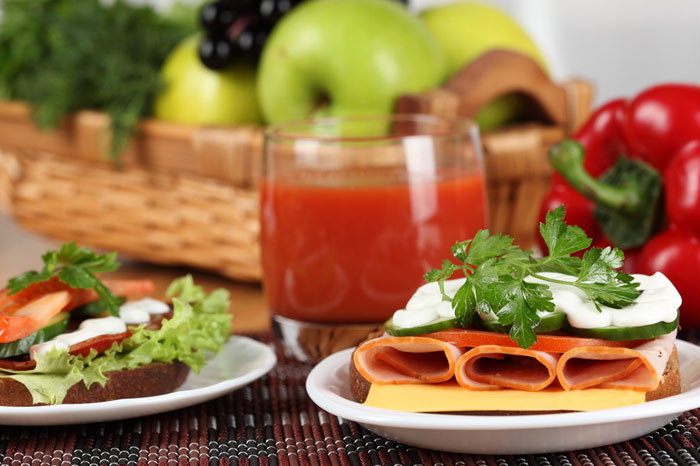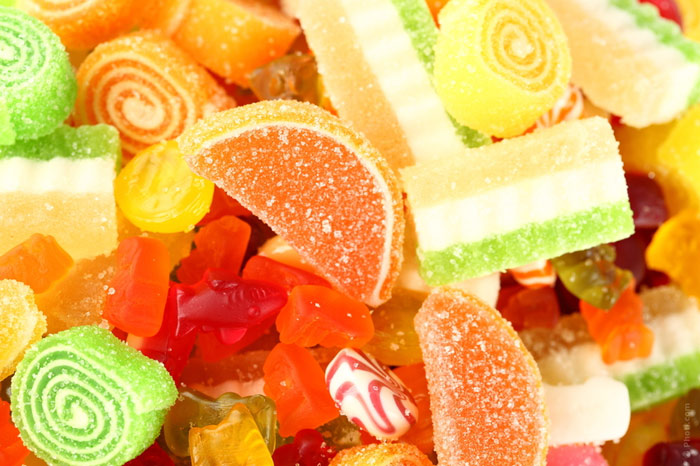Child’s Nutrition & Health
A child grows and develops very quickly, but only if he/she has enough nutrients, or a kind of bricks that build a child’s body cells. Proper functioning of the digestive system and abdominal organs plays a vital role in this process.

“Friends” of a baby’s tummy
Fermented dairy products
The importance of dairy products is difficult to overestimate. Low-fat yogurt, sour milk, and home-cooked fermented drinks improve digestion; they also contribute to the normalization of the intestinal flora, populating it with useful lactobacilli and bifid bacteria, which is important for digestion and the formation of a strong immune system.
Fruit and vegetables
Nutritionists recommend forming children’s diet so that they should eat fresh berries, fruits and vegetables every day. First, this storehouse of vitamins and minerals is absolutely necessary for the harmonious growth of the child. And secondly, these foods are rich in fiber, which stimulates peristalsis, i.e. the activity of the intestines. In other words, fruits and berries are the best way to prevent constipation.
Physical exercises
Abdominal muscles, i.e. the anterior abdominal wall, should be strong and sturdy. Still in hospital after birth, a young mother is taught to lay the baby on its stomach. Over time, the child begins to move more actively and then go in for sports – gymnastics, swimming, jogging. These activities train the abdominal muscles, which in turn, improves intestinal peristalsis. But it is impossible without the movement of food in the gastrointestinal tract.
Hygiene
It is not even worth talking about clean hands and utensils which the child uses while eating, as well as about the necessity to thoroughly wash fruit and vegetables – it’s obvious. Do not forget that the child’s nails should always be trimmed because this is the place where a lot of bacteria are usually found – pathogens of intestinal infections.

“Enemies” of a baby’s tummy
Spoiled Foods
Of course, we all know that it is inappropriate to buy patties in suspicious places, especially in summer – it is fraught with serious food poisoning. Unfortunately, poisoning can occur after eating at home: a slight souring of the soup is not always noticeable at once. To avoid this, it is recommended to place the dishes in the refrigerator immediately after cooling. They should be stored no longer than 1-2 days after preparation (for children up to 2 years) and not more than 3 days – for older children.
Sweets
Of course, sweets are not true enemies. They start to harm the tummy only in certain cases, for example, if one eats too much sweet food. This contributes not only to the appearance of overweight and the development of caries, but also activates the process of fermentation in the guts. Consequently, it leads to bloating, discomfort and problems with the bowel movement.
Early exposure of the child to sweets can lead to violations of the digestive system. It is believed that kids should try such sweet products as marshmallows or marmalade not earlier than at the age of 1.5-2 years; eating chocolate should be postponed until the child is over 3 years old. This product has a very strong effect on the pancreas.
Fast food
One can talk for a long time about the dangers of fast food for the child. Kids cannot eat fatty and fried foods. Such products can cause gastritis, pancreatitis and cholecystitis in children – it is dangerous and unjustified. Your favorite nuggets and burgers can be cooked at home, using quality products that do not harm the health of the child. It is strongly recommended to forget about deep-fried dishes.
Chef Jamie Oliver has won a lawsuit against one of the biggest fast food chains in the world, showing how chemicals can convert a product, suitable only for dogs, into a product for people. During the production of hamburgers, waste meat products, unsuitable for food, are still used after being pre-washed in ammonium hydroxide. This procedure is aimed at disinfecting the products and changing their color into an “edible” pink hue.
Soda water
Soda water is a drink most kids like, and it is no wonder – it is sweet, fizzy, tasty, but so dangerous for little tummies! Gases, which are contained in the sweet water, irritate the delicate stomach lining and can cause gastritis, bloating and fermentation in the guts.
Dirty hands
Dirty hands often are a source of intestinal infection and rotavirus. They enable the body helminthes and other parasites penetrate the body. That is why it is very important to teach a child from childhood that:
one should wash his/her hands after using lavatory, walking, playing games with animals, before eating;
one should not gnaw nails, pens, pencils, take fingers in the mouth;
if you cannot wash your hands , you need to wipe them with antiseptic wipes and gel.
Baby’s digestive system is very imperfect, and pathogenic microbes can disturb its functioning in a matter of hours, so parents need to be aware of possible threats to the baby’s tummy and take all necessary preventive measures to ensure that the baby is healthy.
